 |
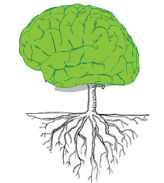 |
 |
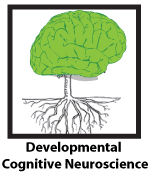 |
 |
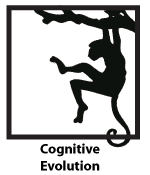
| 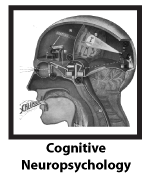 |
 |
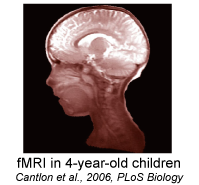
Extraordinarily little is known about the organization of concepts
in the young child's brain. In just six years' time (between birth and 6 years), children traverse a complex series of learning
"stages" to acquire spoken language, reading, writing, counting, basic arithmetic operations such as addition and subtraction,
and a whole host of semantic information. Researchers in the fields of psychology and education have determined that these early
milestones influence children's abilities to learn for the entirety of their formal education. Therefore, the organization of
conceptual knowledge in early childhood likely impacts subsequent learning.
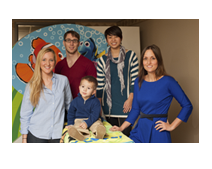
Our lab uses functional magnetic resonance imaging (fMRI) and behavioral methods to examine preschool children's representations of numbers, letters, and everyday objects. We aim to understand the associations and dissociations among different symbolic and object categories and the relationship between children's knowledge and the organization of conceptual information in the young child's mind. Our studies offer a window into the organization of conceptual information in the young child's mind and provide insight into the sources, functions, and specificity of cognitive processes in the brain.
|












